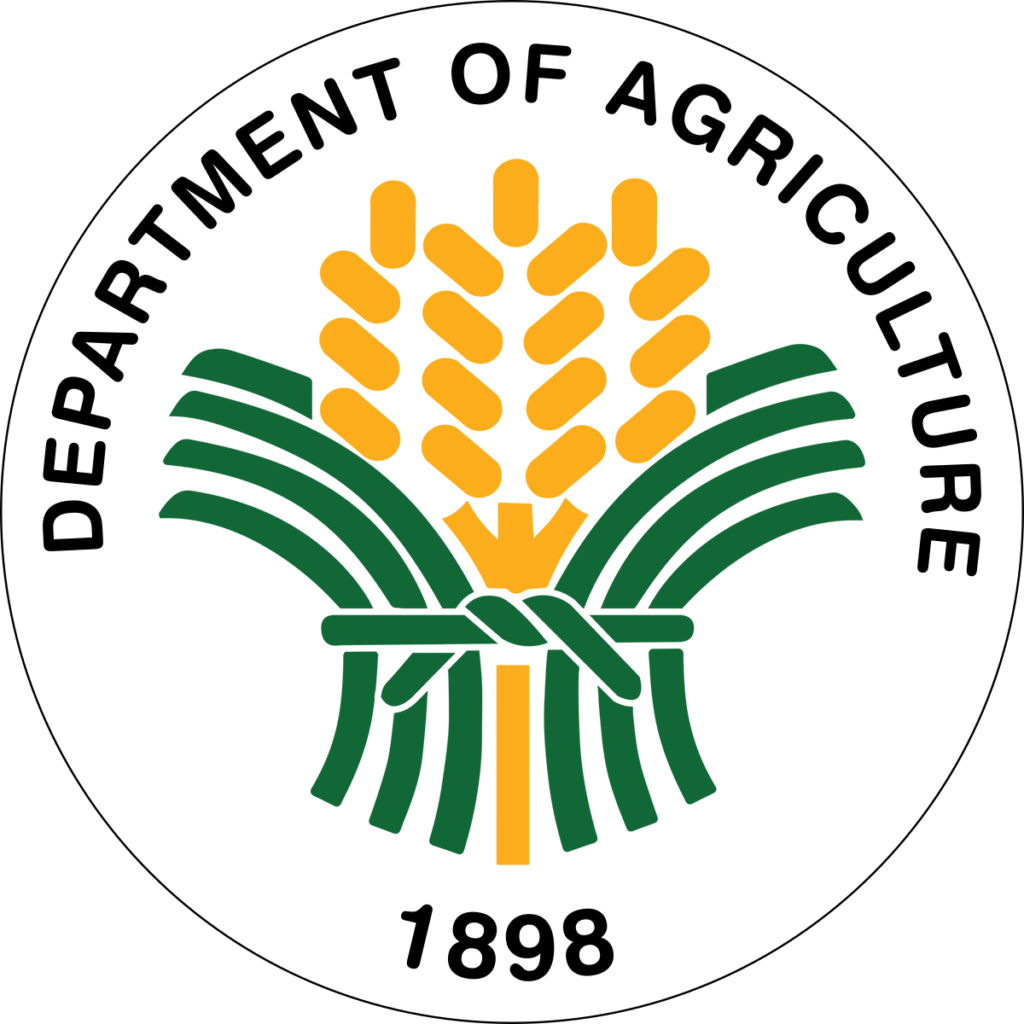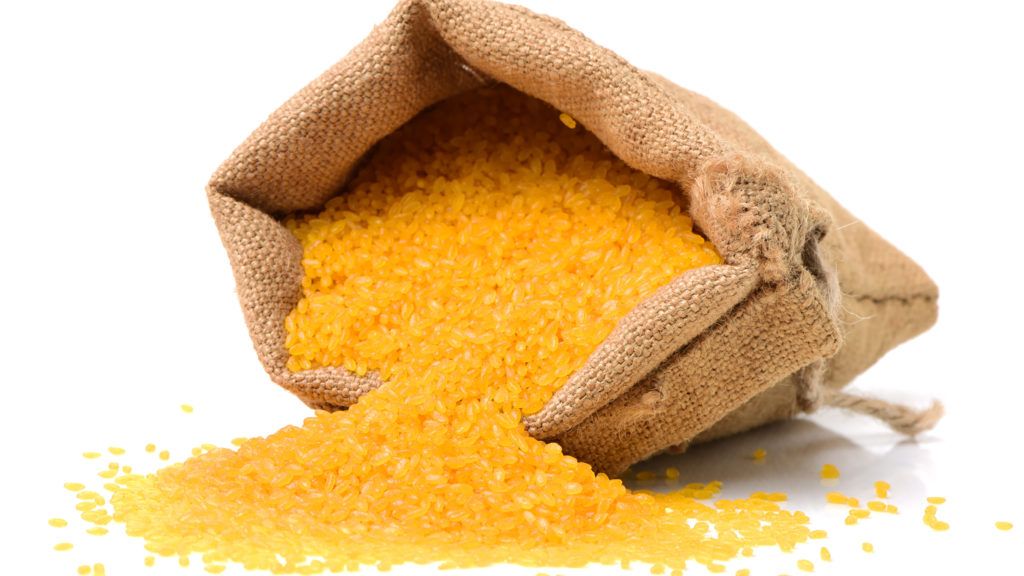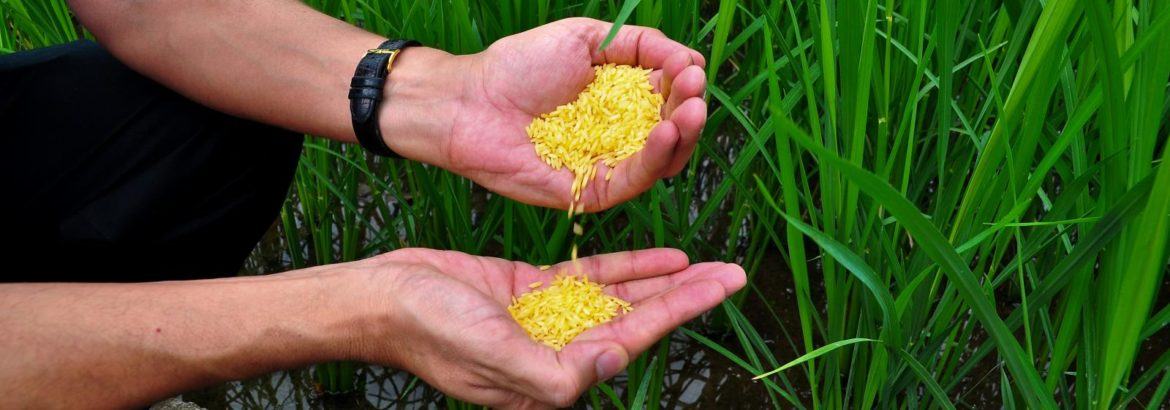Golden Rice was the latest among 85 genetically modified (GM) crops that were either approved or in the process of getting a government clearance for direct use as food and feed or for processing since 2017.

Last December, the Department of Agriculture’s (DA), Bureau of Plant Industry in San Pedro City, Laguna has approved the biosafety permit of “Golden Rice”. Putting the genetically engineered rice variety a step closer to commercial production in the Philippines.
The approval is aimed to become the solution to our country’s problem on Vitamin A deficiency that’s affecting many of our pre-school children and pregnant women. Golden Rice aims to provide 30 to 50 percent of the estimated average requirement (EAR) of vitamin A.
Despite the success of public health interventions like oral supplementation, complementary feeding, and nutrition education, Vitamin A deficiency (VAD) among children aged 6 months to 5 years increased from 15.2 percent in 2008 to 20.4 percent in 2013 in the Philippines.

Golden Rice is a variety of rice (Oryza sativa) produced through genetic engineering to biosynthesize beta-carotene, a precursor of vitamin A, in the edible parts of rice. It is intended to produce a fortified food to be grown and consumed in areas with a shortage of dietary vitamin A especially in children.
The said Golden Rice is also undergoing a biosafety review in Bangladesh and similar food safety assessments had been released in the United States, Australia, New Zealand and Canada last year.
Underlying problems

According to Alfie Pulumbarit, Masipag national advocacy adviser, “In order to achieve that much vitamin A solely from Golden Rice, a woman will have to eat 1 kilo a day, while an adult male, a kilo and a half.”
He also said that in order to preserve longer Golden Rice’s carotene content, one had to store it unhusked and vacuum-sealed, which would entail higher production costs even before it reaches consumers’ tables.
“It is a staple crop and therefore must be treated with utmost care. To us, it needs both intra- and intergenerational studies to ensure it will not cause any adverse or birth defects.” Pulumbarit added.
To complete the Philippine biosafety regulatory process, Golden Rice will require approval for commercial propagation before it can be made available to the public. This follows from the field trials harvested in Muñoz, Nueva Ecija and San Mateo, Isabela in September and October 2019.
Source: newinfo.inquirer.net, wikipedia.org, irrig.org, masipag.org
Photo Source: source.wustl.edu, irri.org






